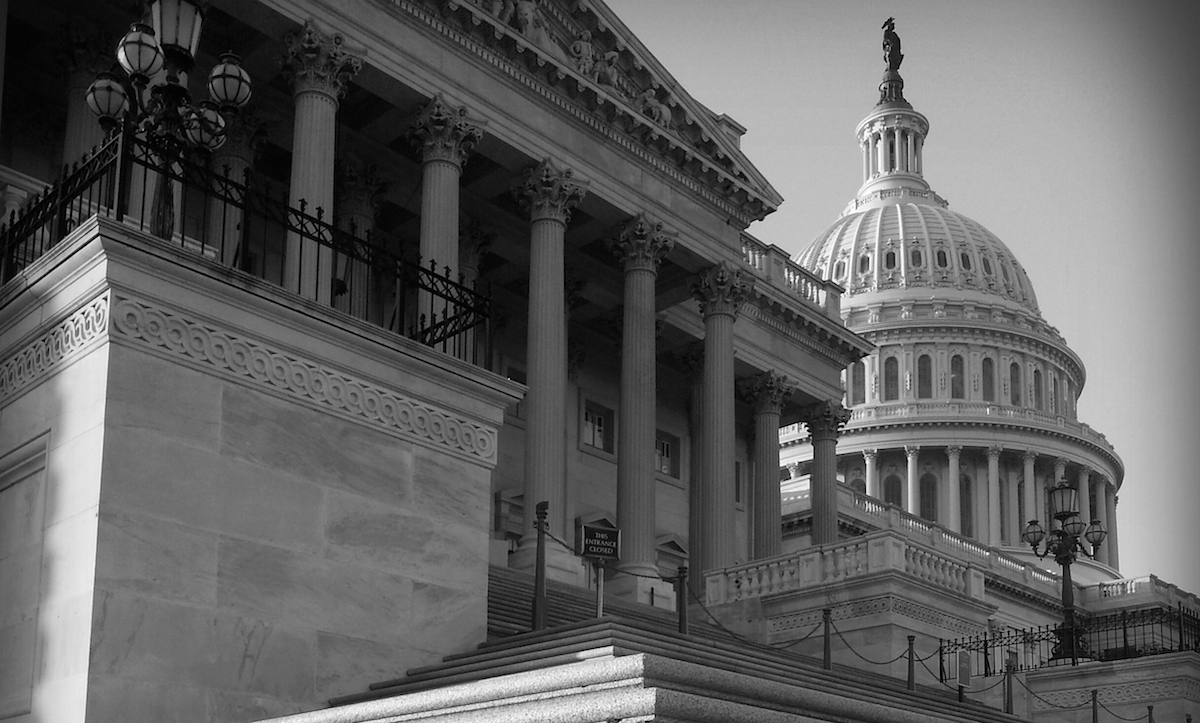WASHINGTON – A prestigious defense review panel warned that the U.S. government must “sound an alarm” to build public support among the American people for increased defense spending.
“We saw a train-wreck coming when we looked at the growth of the threats around the world,” Ambassador Eric Edelman, a member of the defense panel said.
The National Defense Panel, or NDP, was created in 1997 to serve as a review board for the U.S. Quadrennial Defense Review, which analyzes threats to U.S. security as well as general strategic plans to improve military capabilities. The QDR study is released by the Department of Defense every four years – the last report was issued in 2010.
The review panel’s 10 members are hand-picked by the Secretary of Defense and Congress, with Democrats and Republicans equally represented. The panel met Wednesday at the Bipartisan Policy Center in Washington.
“There’s this huge disconnect between where we see the world going with the U.S. military and what our policy is,” said panelist Michele Flournoy, former undersecretary of defense for policy.
The environment of international security is changing, the review panel found, with the Islamic State, also called ISIL, Russia, China, Iran and a deadly disease — Ebola — all raising concerns. At the same time, the U.S. expects to remove the majority of its forces from Afghanistan by the end of this year.
We “put our heads together to look into the future of American defense,” said Edelman, the former U.S. ambassador to Turkey.
The panel said there is a gap between the set of troubling realities the United States is facing and how the government is managing the defense budget.
The proposed 2015 Department of Defense budget is roughly $601 billion, up from $580 billion in 2014.
Edelman cited a 2010 statement by former defense secretary Robert Gates in which Gates expressed the need for a 1 ½ percent to 2 ½ percent increase in the DoD budget over time to recapitalize force.
On Wednesday, the group of experts said the quadrennial review suggests the Defense Department is in a state of financial uncertainty. And this uncertainty is affecting military readiness.
Any slowdown in defense funding, with the Pentagon living under the threat of budget sequestration, would make it hard for the department to plan for the future.
Michele Flournoy said the U.S. should not expect the military to be able to defend the nation at the highest level of military readiness if the Pentagon faces sequestration – that is, a budget pinch.
“Risks from sequestration are accumulative,” Flournoy said. A branch of the military may not train as rigorously due to budget limitations.
“That can translate into not having the number of forces that can respond on the kinds of timelines that are needed for various contingencies,” Edelman said.
The threat of sequestration – automatic budget cuts – has been lifted for 2015, but looms again for the 2016 fiscal year.
Investing more in defense over the long term, particularly regaining full readiness and investing more in technology, is the course supported by the NDP panelists.
They agreed that the U.S. needs national-level debates, focusing on what exactly the United States requires from the U.S. military to provide national security and whether the country can achieve it undercurrent policy.
The review group said the lame duck session of Congress next month is the perfect venue to begin these debates.
“We need the military establishment to have global reach and do many things at the same time,” said Edelman.
It is important to gage whether the American people want the U.S. to continue its role as an international leader, he said. Leadership comes at a cost. And some people may not want to play that role anymore, Edelman added.
“Up until this year, foreign affairs and national security were low on the public’s radar. Now it is high,” said Edelman. “This is the time to have the debate.”

